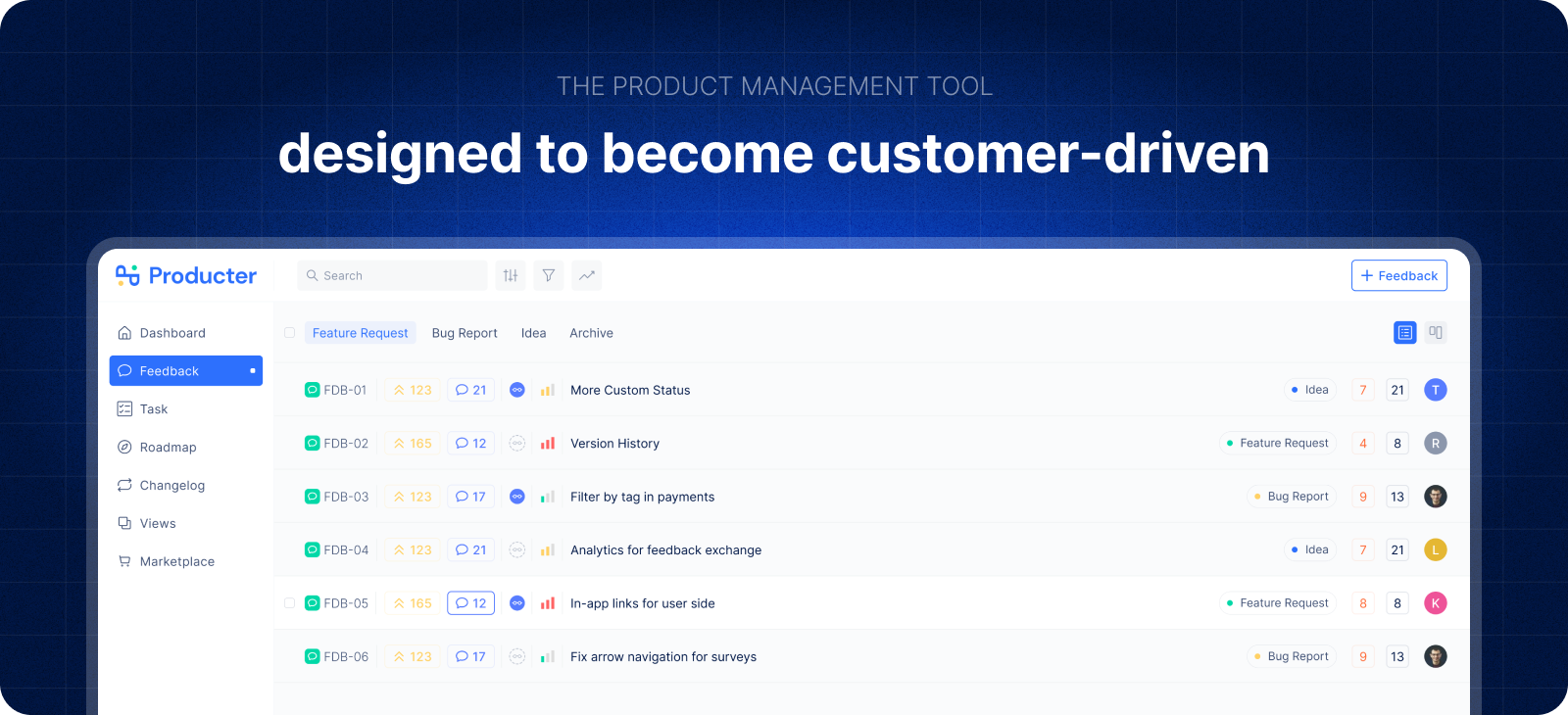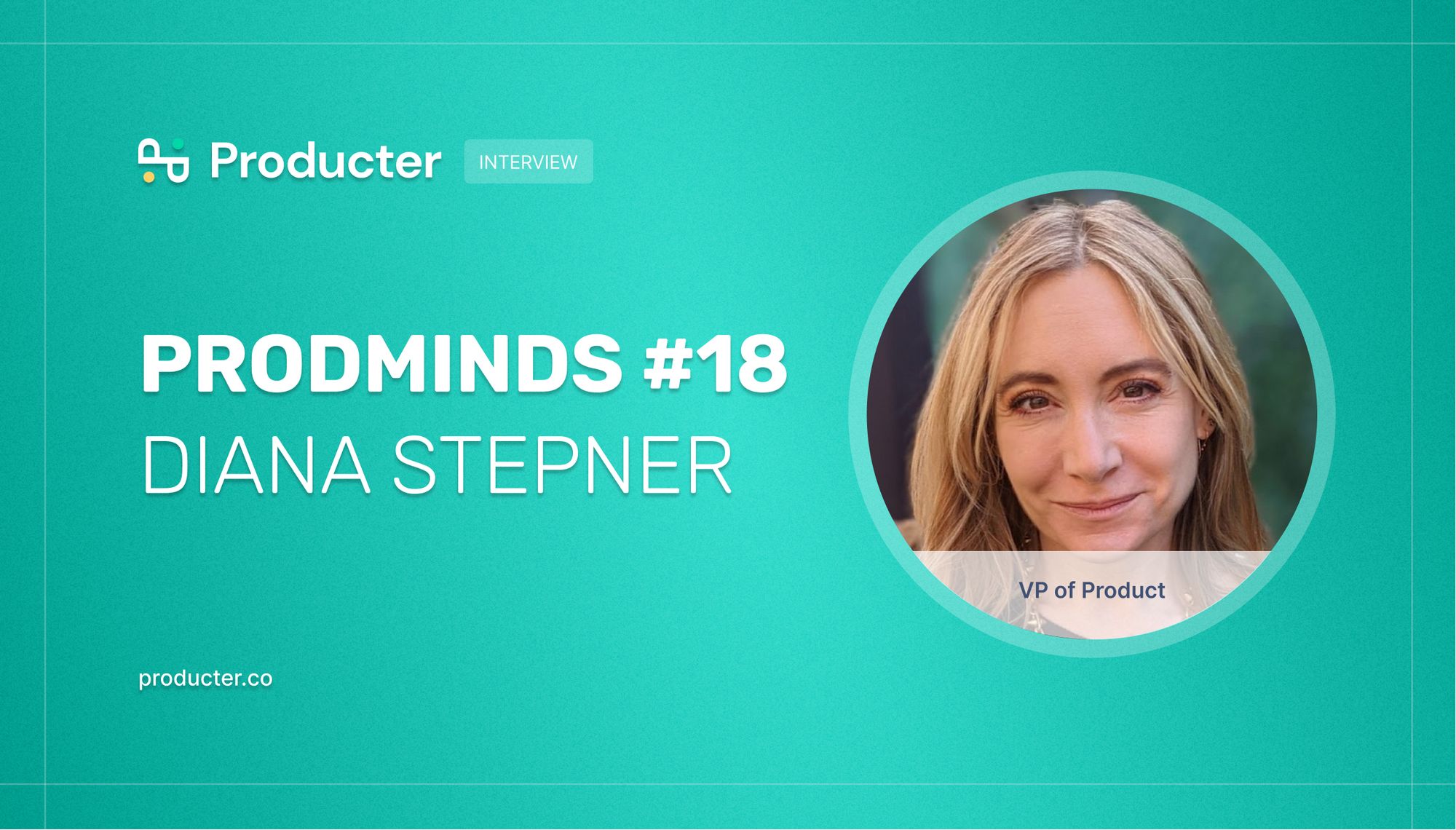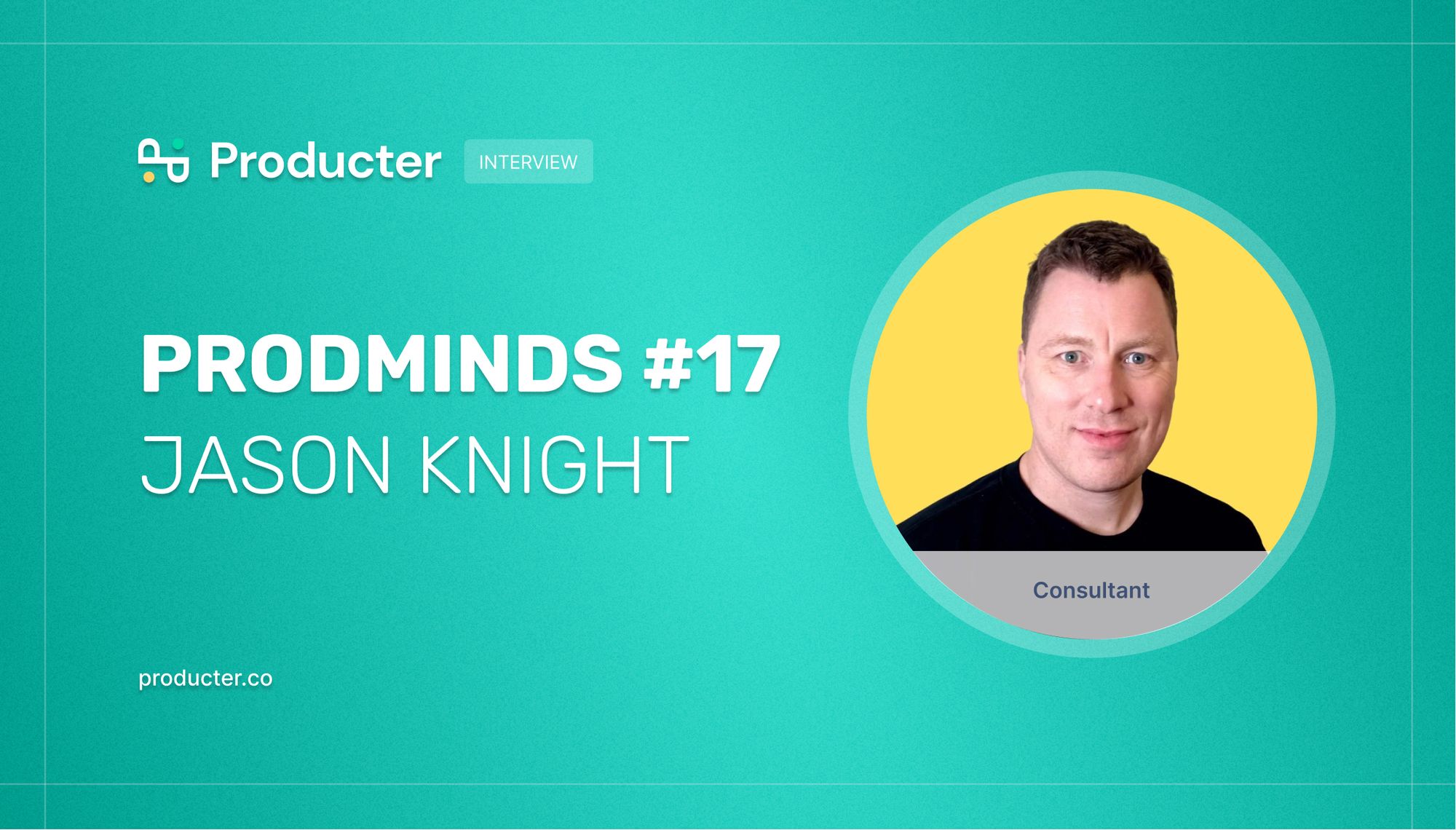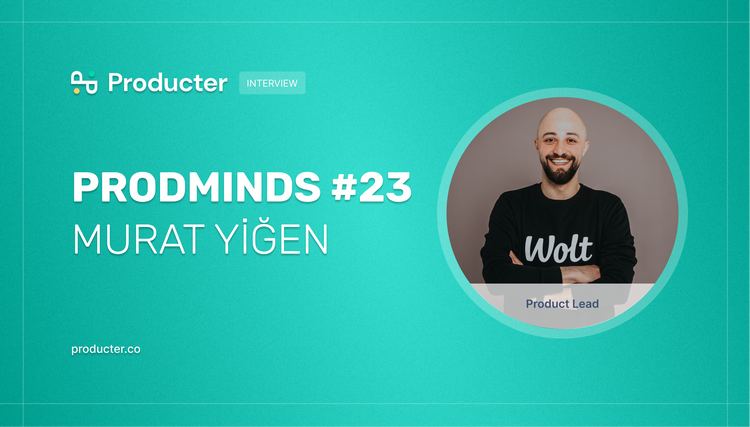Team Producter: Would you tell us a bit about you and your career path in product management?
Scott: My path to PM was circuitous. After moving to the Bay Area on a whim in my early 20’s, I stumbled into an entry level software sales role. I loved software and tech immediately, and also very quickly realized the product role was strategic and interesting. I interviewed for an open PM position at my first company, but was rejected due to lack of experience and technical depth. So I decided to get a full time MBA to help me bridge over to PM. I was accepted to the Haas School of Business at UC-Berkeley and got a full time MBA with a Management of Technology emphasis. But when I graduated in 2003, the market was still in the tank from the 2001 tech crash, so I decided to take a job in Strategic Alliances, which worked very closely with the PM team on deep partner integrations. After another four years in Alliances, I finally landed a role in PM for the Wily product line within CA. Because of my broad background and MBA, I had a very customer and market focused approach to PM, which set me apart, and after only 2 years as an individual contributor, was promoted to a Director role. That began a series of amazing product leadership roles at Wily/CA, then SendGrid/Twilio, and most recently at GitLab. At SendGrid, I was able to scale our team from 3 people to 31, and at GitLab from 15 people to over 60. These were both incredible companies with strong cultures, amazing teammates, and countless lessons learned.
Team Producter: Which part of being a CPO is the most challenging for you?
Scott: Prioritization. Successful companies always have so many opportunities they could pursue. But with constrained bandwidth, it’s important to stay focused on what must get done. However, saying no to ROI positive project ideas is always hard and requires discipline, backbone, and diplomacy.
Team Producter: Is there a method you use for prioritization? Or, Is there a custom approach you designed?
Scott: There are several different frameworks I’ve used, depending on the altitude and purpose of the prioritization exercise. For high level resource allocation across the portfolio, I leverage a scoring system that takes into account active usage, revenue contribution, and served addressable market. For annual planning and driving focus, I leverage three top themes to help communicate what must get done. For epic level prioritization, I recommend the RICE framework from Intercom, which scores opportunities by their Reach, Impact, Confidence, and Effort.
Team Producter: How do you think departmental silos affect product companies? In what ways do you build and maintain relationships with stakeholders from different teams?
Scott: Departmental silos by design have separate focus areas and often separate goals and KPI’s. In order to hit their goals and KPI’s, they are going to want and need certain things from the product. Support will want areas of the product that lead to long or repetitive support calls fixed. Sales will want features added that large prospects demand. Customer success will want user experiences fixed that are causing churn. The executive team will want new product experiences that can expand the company’s total addressable market. And the challenge for PM leaders is that you most likely can’t prioritize all these demands at the same time. My approach has been to put myself in the shoes of stakeholders, and deeply understand where they are coming from and why they have a certain set of priorities. Then when communicating with them, you can connect your decisions back to those underlying needs, and the communication goes more smoothly if they know you “get it”. You also need to show your work, and clearly describe what is being prioritized, and why. If the product team has done their homework and has a clear rationale for what they are doing, in my experience stakeholders most often will disagree and commit.
Team Producter: What are the biggest challenges of product management at large companies like Twilio, SendGrid, and Gitlab?
Scott: I talked about the challenge of prioritization above. The other big challenge for large and successful products is maintaining a great user experience at scale. Successful products attract rapid growth in usage and it can be a huge challenge to keep up with performance, availability, and security demands. Also, as the product matures, it’s natural for lots of user experience debt to creep in, as there are many individual teams contributing to a broader product experience, and “shipping the org chart” is a common side effect.
Team Producter: When it comes to listening to your users, what's your method? Is their input considered in critical product decisions in learning experience?
Scott: Listening to users involves a combination of qualitative and quantitative inputs. I’m a big believer in validating problems and solutions with target users before building anything. This involves lots of qualitative interviews. Once the product has accrued large numbers of users, I also believe in collecting data at scale from product usage, NPS surveys, support tickets, win/loss data, business metrics, etc to help determine what to prioritize.
Team Producter: How did you overcome your product development process in Pandemic as a PM at a large company?
Scott: GitLab has always been an all-remote company, and has developed really good habits and best practices around working remotely. So when the pandemic hit, no significant changes were required, as the team was already accustomed to working in an asynchronous manner. Many doubt whether great PM can be done remotely, but I can confirm it’s possible, if the whole team assumes most everything needs to be done asynchronously. This includes taking thorough meeting notes, recording meetings, writing everything down, etc.
Producter is a product management tool designed to become customer-driven.
It helps you collect feedback, manage tasks, sharing product updates, creating product docs, and tracking roadmap.

You may also like:








